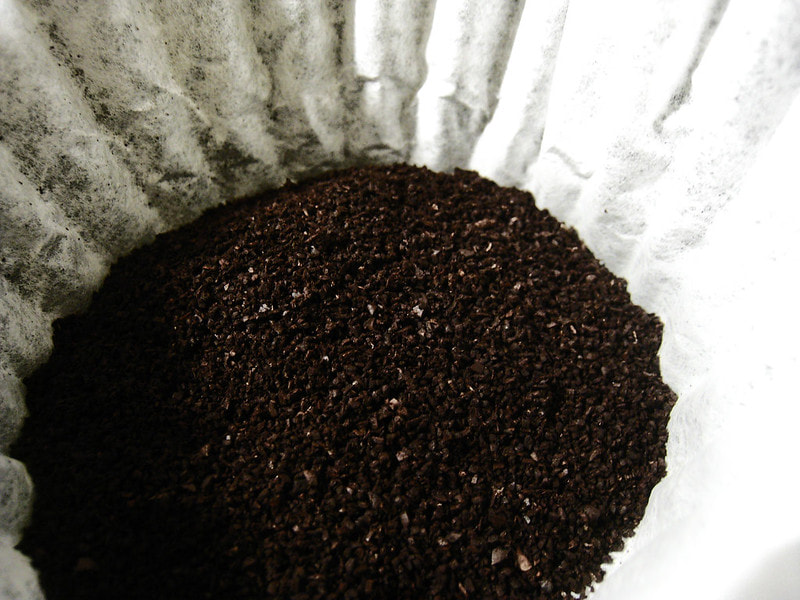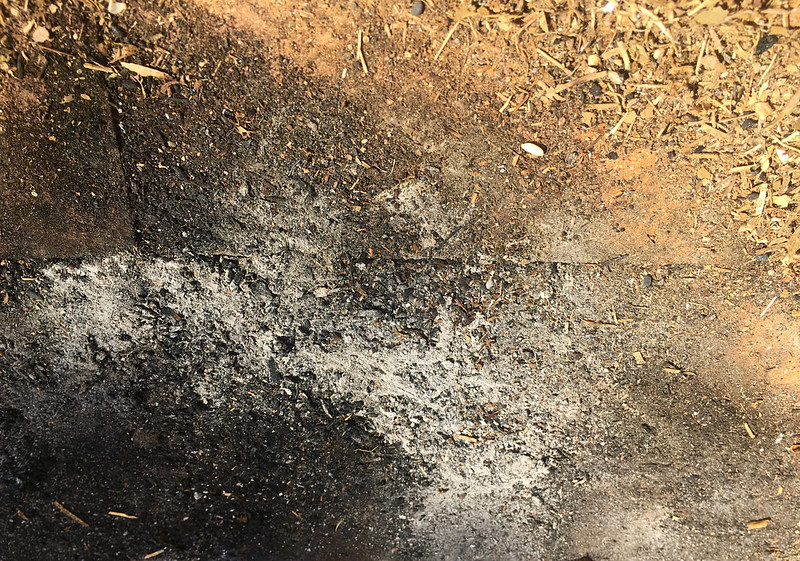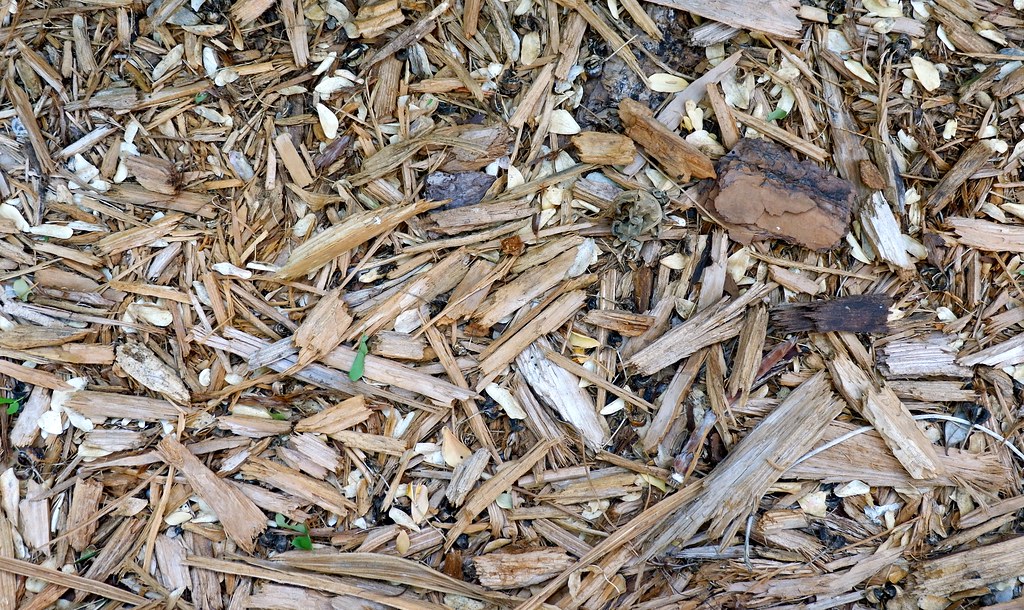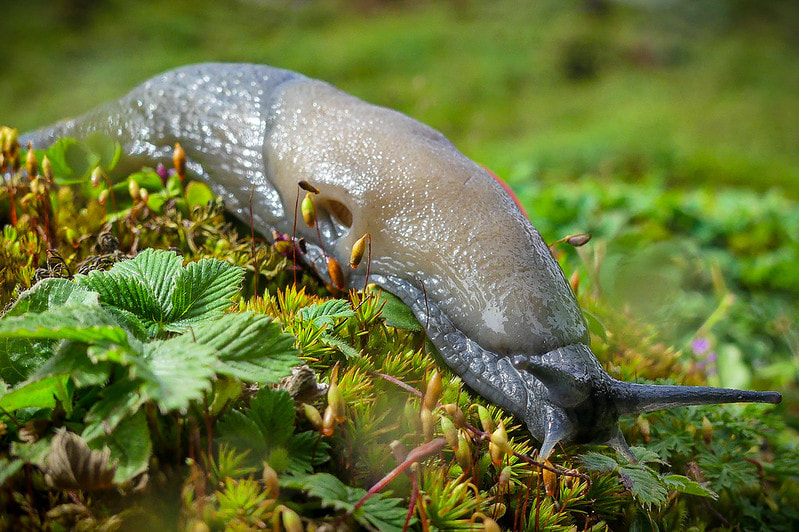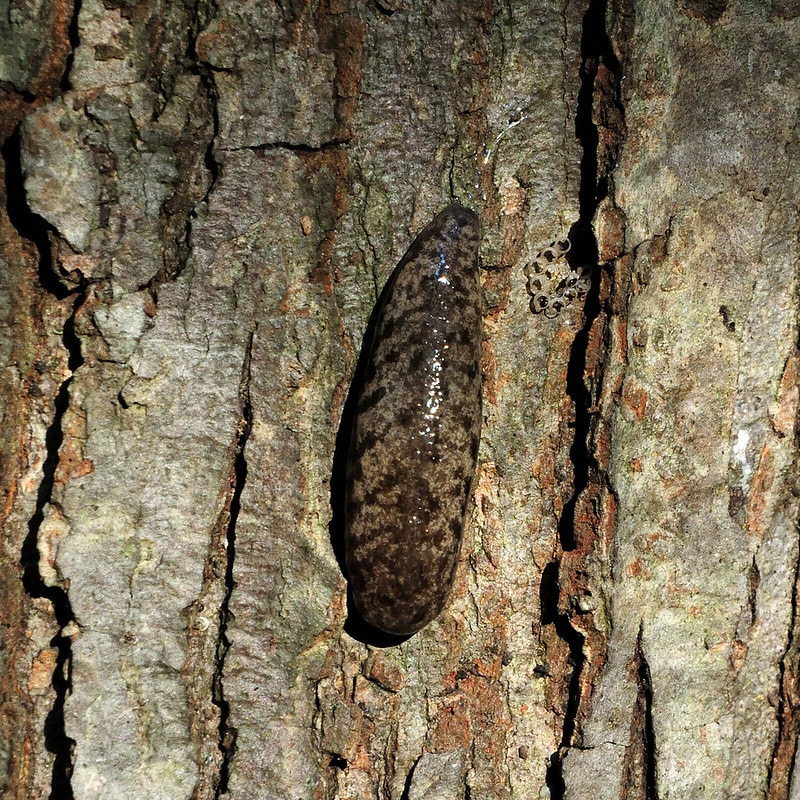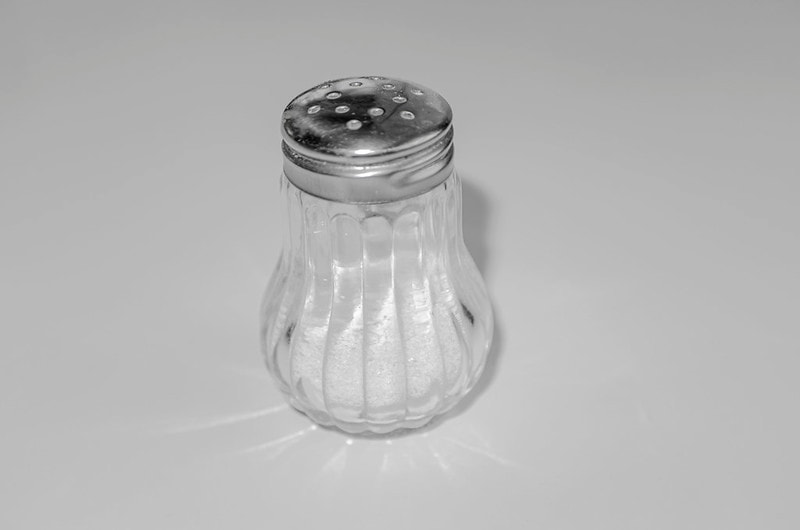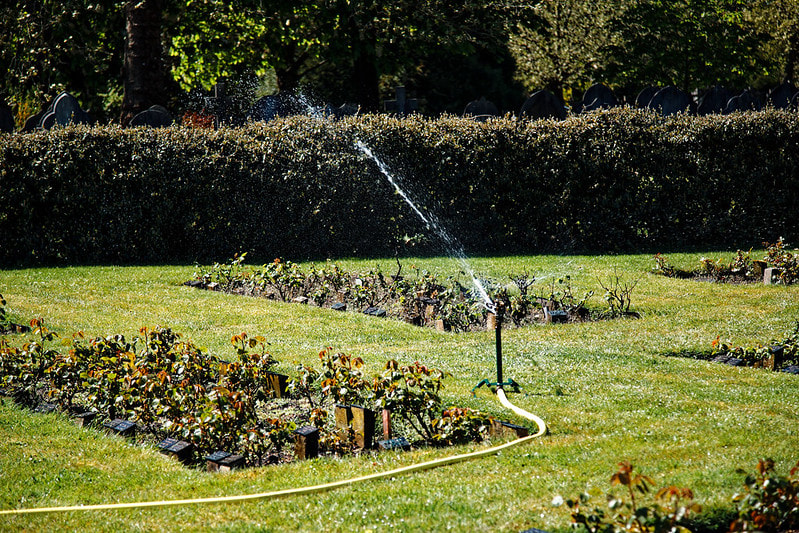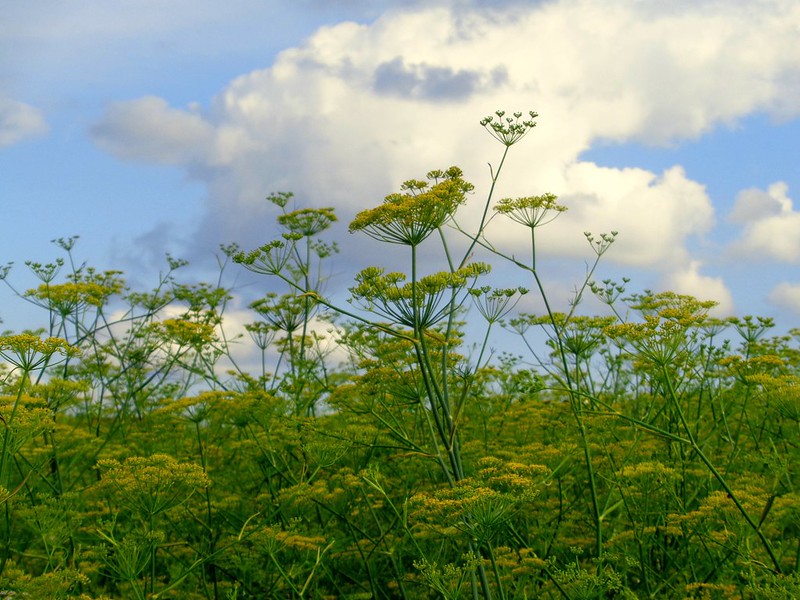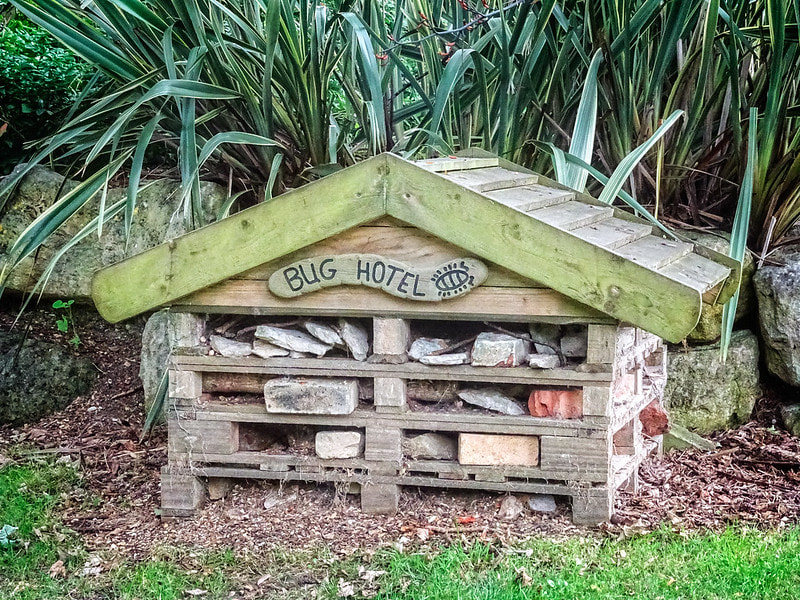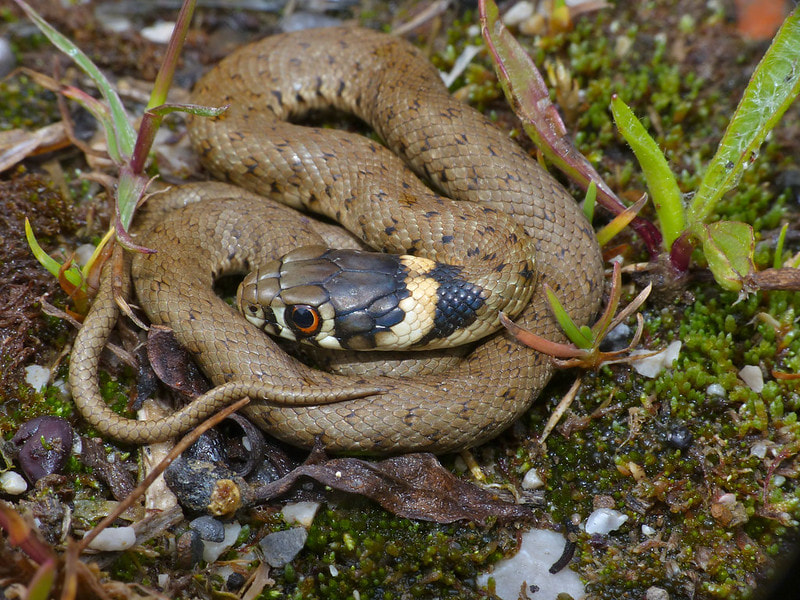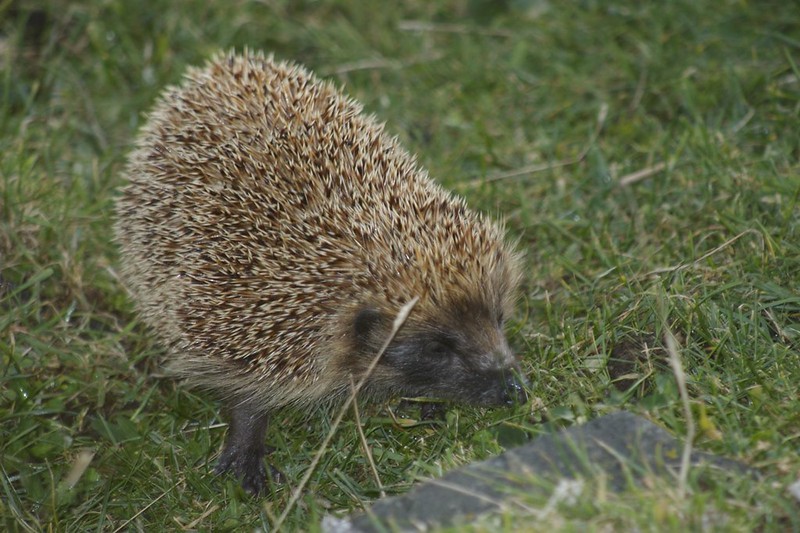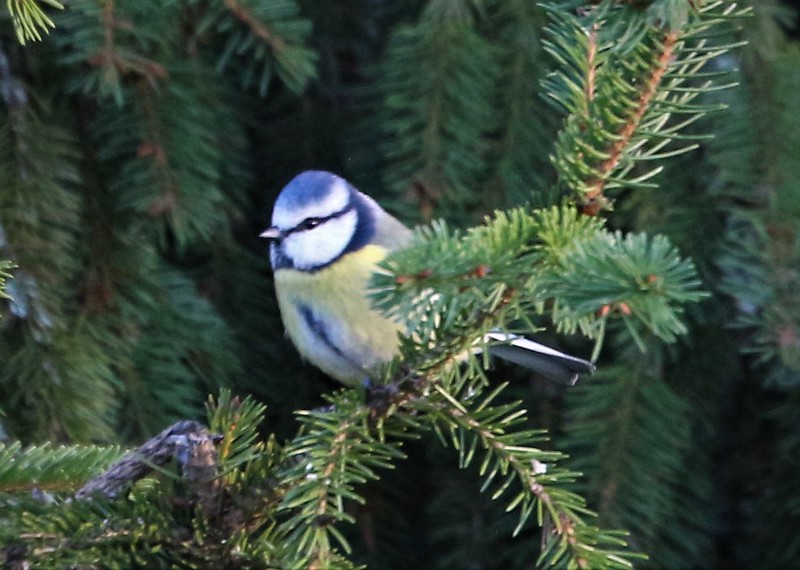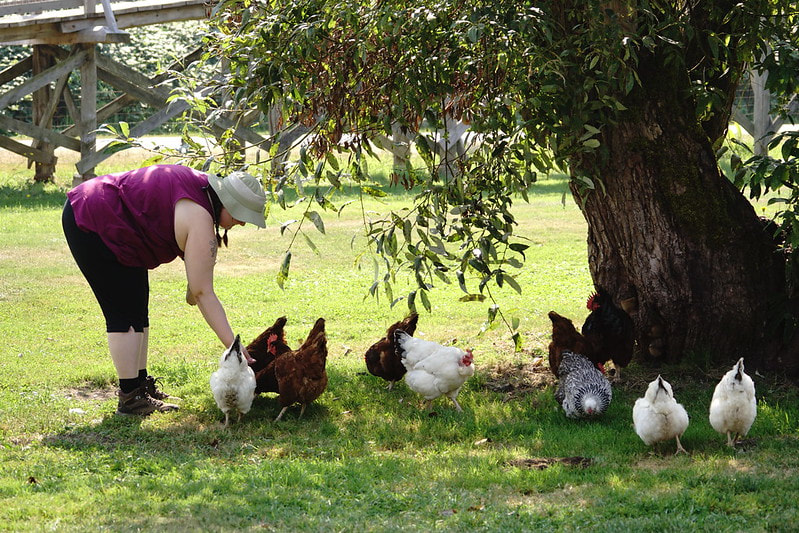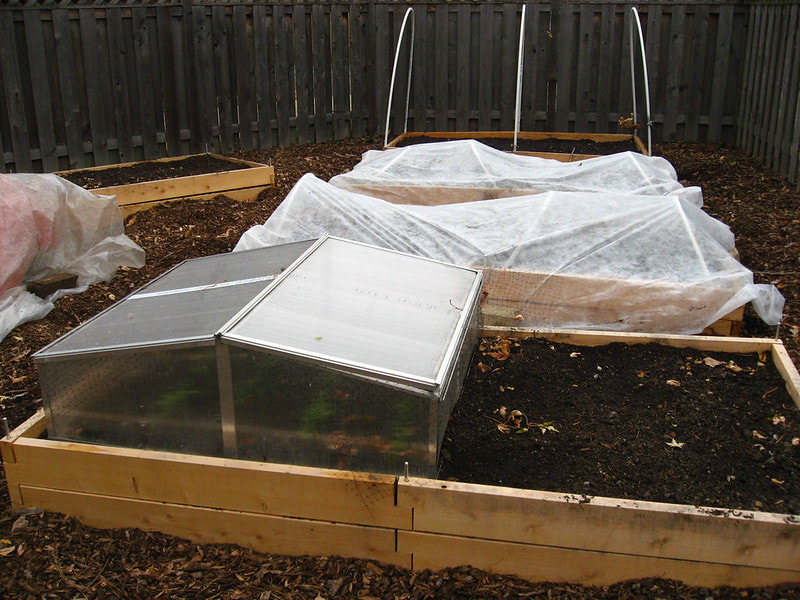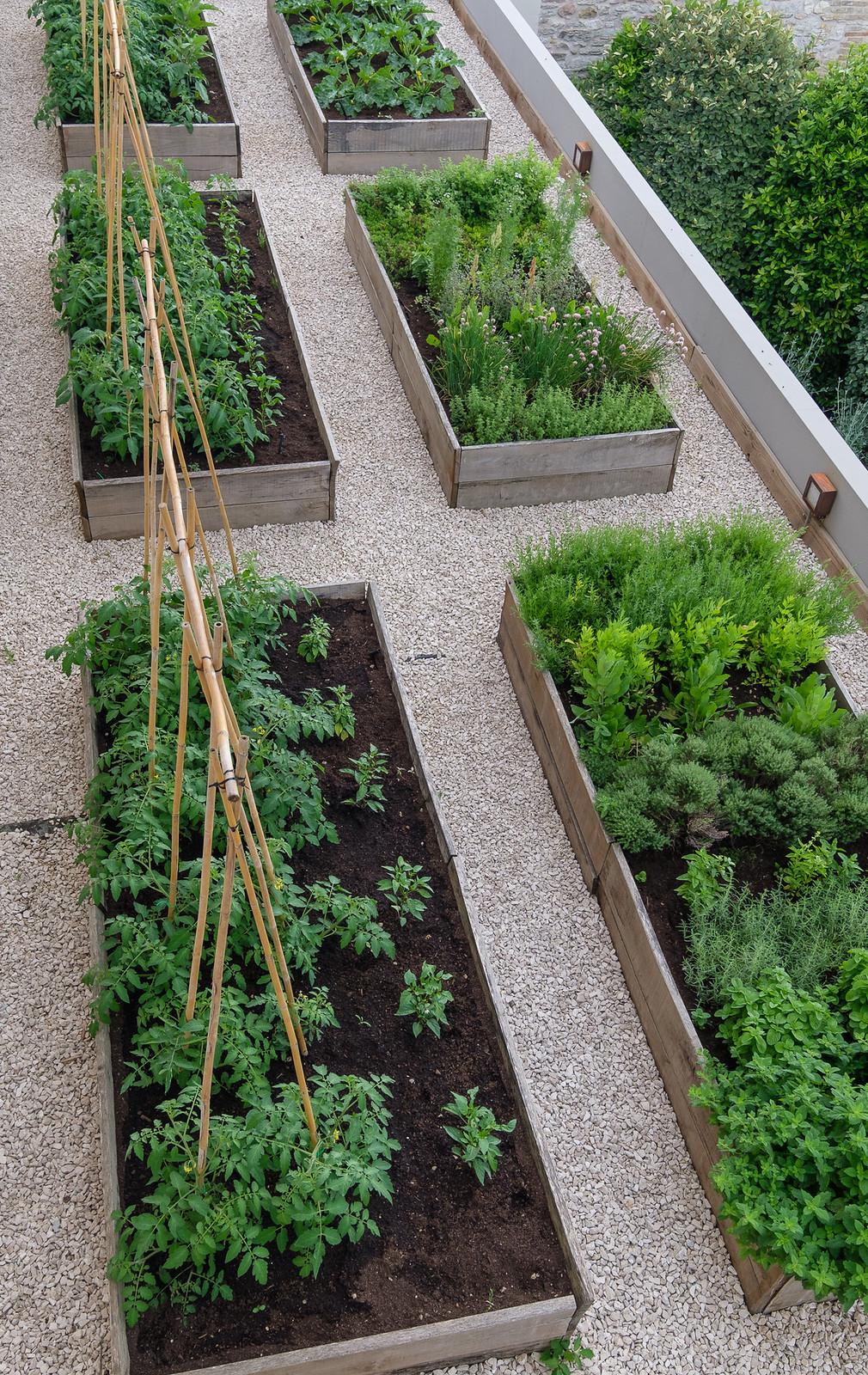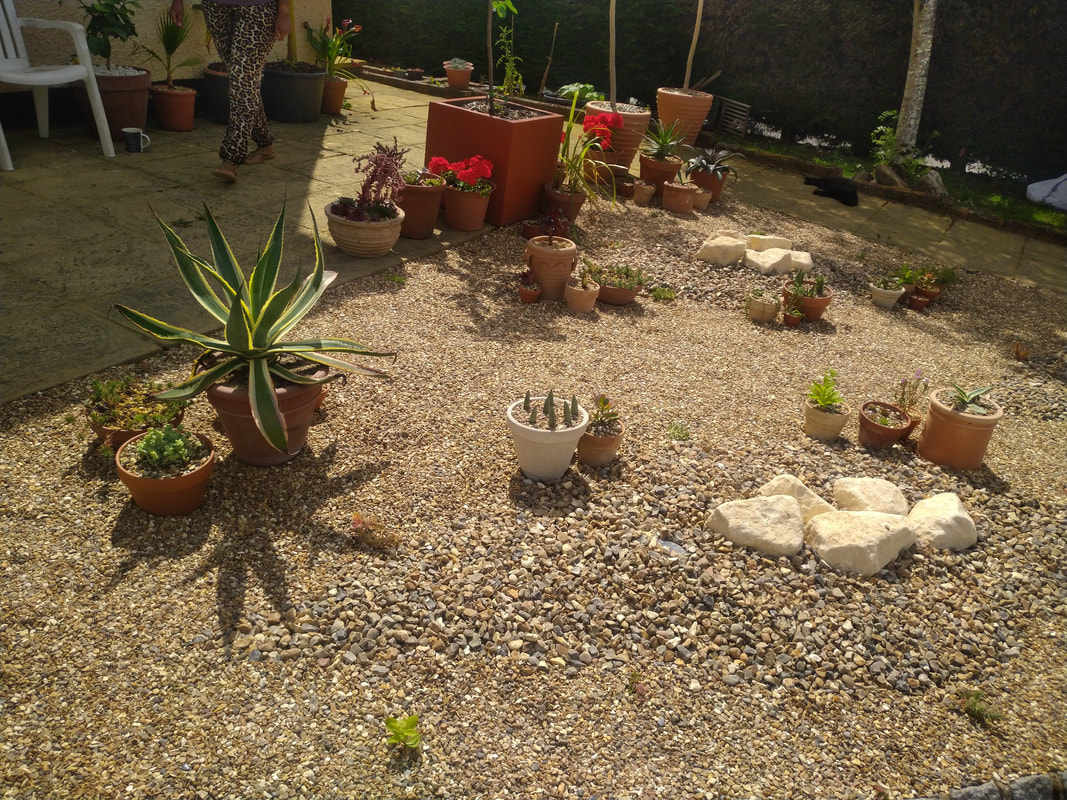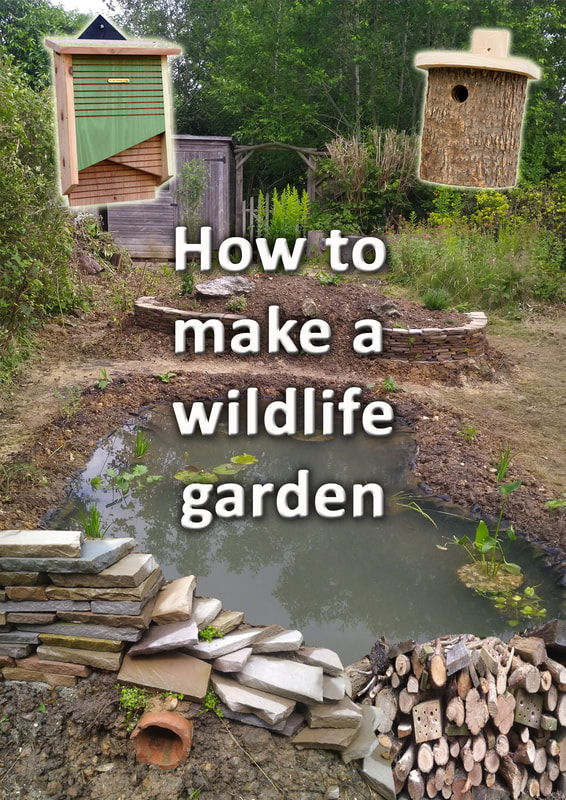|
This article contains affiliate links
Slugs belong to a group of creatures known as Gastropod Molluscs. Unlike many typical examples of this group slugs are shell-less. This makes them particularly effective at hiding being extremely widespread and common in gardens.
Slugs can be a gardener’s worst nightmare! They hide during the day in dark, damp places and come out at night to feed. Slugs have been known to destroy whole beds of newly planted plants in a single night. Slugs love tender foliage and especially young seedlings which make them a particular problem in spring. Hence we have put together our list of 26 ways you can get rid of slugs in your garden this summer. 1. Coffee grounds
Used coffee grounds applied to the soil surface have been shown to repel slugs away from plants. Slugs also are repelled by caffeinated coffee solutions.
2. Coarse sand
Slugs have soft under bodies and do not like crawling over rough textured substrates. Sharp, sand particles can stick to a slugs body irritating them and slowing down their movements Spread this in a 2 inch perimeter round plants.
3. Crushed egg shell
Very much like coarse sand crushed egg shell is troublesome for slugs to travel across. Ideally you need a fair amount to make a difference. Heat up used egg shell in the oven and crush it into a course texture. Spread on the soils surface around plants you want to protect.
4. Fire ashes
Fire ashes are fine and powdery which can greatly irritate and clog up a slug’s outer membrane. Although more effective when dry and powdery, slugs would rather crawl elsewhere than over ashes. Heap up a ring of ashes around plants you wish to protect.
5. Bark mulch
Bark mulch or course wood chippings can create a head ache for slugs at the best of times! These woody particles slow down the slugs movements. The consistent texture and colour of the bark means slugs stand out against its background. This makes them vulnerable to predation by birds.
6. Collection by hand
A very effective way to get rid of slugs out of your garden is to simply collect them by hand! If carried out on a regular basis this can dramatically reduce their numbers. The best way to do this is an hour after sunset and in damp conditions. Slugs will be easily spotted on your lawn and flowerbeds, you will be surprised just how many there are!
7. Slug traps
The art of slug traps is they mimic slug’s natural hiding places; this makes them attracted to the traps and easy to collect. These can be built with man-made or natural materials from upturned logs sunken plastic containers, paving slabs rested on sticks or upside down pots.
8. Beer traps
Slugs absolutely love beer and will travel a fair distance to reach its aroma. This provides a great opportunity to lure them in. A beer trap can be created from a plastic container sunk into the ground and filled with beer. Slugs will gladly crawl inside for a drink and will drown in happiness!
9. Ammonia
Household ammonia has proven to be very effective at repelling slugs. This can be added to a spray bottle and sprayed on either the slugs themselves, plants or the soil. Household ammonia isavailable on amazon here.
10. Slug pellets
An effective and traditional method of slug control is to apply slug pellets. These small blue pellets can be applied to the ground in affected areas. Slugs are attracted to the pellets and readily devour them. Shortly after slugs shrivel up and die, we have linked to a popular brand sold on Amazon here.
11. Salt
Salt when sprinkled on slugs cause them to shrivel up and die. However occasionally larger slugs can produce more slimy membrane and cause salt to slip off their back. Adding too much salt to the soil can adversely affect plants so it’s important not to apply too much.
12. Copper strips
There is some debate on the effectiveness of copper strips to deter slugs but many have claimed they have success. The problem with slugs is they can live inside the soil! Hence if you lay tape around a growing area it is possible it will not stop slugs from inside. The logic of copper is it reacts with the slug’s mucus giving them an electric shock. However some have said larger slugs simply craw over it.
13. Watering
If you regularly water your garden in the growing season by hose or irrigation systems when you water can make a big difference to slugs.
Slugs prefer damp, dark conditions so you do not want to water too late in the afternoon or evening. The best time to water is early in the morning, this way the ground gets to dry out during the day. This makes flower borders a little bit less habitable at night. 14. Nematodes
Nematodes are microscopic worm like creatures which can be added to the soil to help control slugs. The Nematodes enter slugs’ bodies causing a fatal disease. This leads to the death of many garden slugs within a short space of time. Nematodes are more active at warmer temperatures so best applied during the spring and summer.
The most popular brand on the market is Nemaslug and they are available on Amazon here. 15. Slug repelling plants
Thankfully not all plants are attractive to slugs! Typically slugs do not like plants with very aromatic or tough leaves. This means you can add some of these plants to your borders to help reduce the amount of slugs. Some of these plants include;
Anemone Fennel Euphorbia Lavender Digitalis Salvia Sedum Ferns 16. Create ecological balance
One of the best ways to control slugs in your garden is to ask for a helping hand from nature. In the wild slug numbers would be kept low by an even balance of predators within the food chain.
Gardens provide a unique imbalance where there are less small mammals, birds, amphibians, and reptiles to feed on slugs. Therefore it is important to try to encourage ecological balance. This can be achieved by providing habitat for these small predators which search out and consume slugs. 17. Encourage amphibians
Amphibians are small reptile like creatures which spend some of their lifecycle under water. Typically these include Frogs, Toads and Newts which all go back to water to mate and lay eggs.
These amphibians are primary predators of slugs being able to consume large amounts in a given area. Unfortunately small bodies of fresh water which these creatures need have become increasingly rare over the past few decades. A great way to encourage amphibians is to build a small wildlife pond. This can be littered with old logs and planted with dense vegetation. Amphibians will soon discover your new habitat and subsequently devour your delicious garden slugs. 18. Encourage reptiles
Reptiles are creatures with leathery skin that thrive in warm conditions. Reptiles need external heat from the sun as their bodies cannot produce their own body heat. On the whole reptiles fall into two types, snakes and lizards and are very widespread. Even though they are common they are extremely elusive, most people will go their whole lifetime without seeing one in the wild.
Some are very surprised to realise they have local reptiles although probably in small number. Even in the suburbs of London I have seen slowworms (small legless lizards) when working on landscaping projects. These garden reptiles are notoriously good at devouring slugs! To encourage them provide stacks of old logs, stone and create sandy hollows. Let a sunny corner of the garden grow wild with some old rubble or rocks. This will create safe, warm places for them to bask in the sun. 19. Encourage hedgehogs
Hedgehogs are absent from the USA and native to the UK and Europe. However they deserve a special mention as their decline has directly let to an increase of garden slugs. These ferocious spiky mammals are exceptionally capable of keeping whole neighbourhoods slug populations low.
However due to lack of habitat including hibernation sites and dense vegetation they have declined rapidly. To encourage hedgehogs, place out nesting boxes and plant areas of low, dense, native plants. Leave small access routes under fences so they can travel freely and set up extensive territories. Why not read our article on how to make your garden more hedgehog friendly here. 20. Encourage birds
Birds are a much loved part of our environment, so much so that every year we spend millions encouraging them. However it is the medium sized garden birds such as song thrushes and blackbirds which are best at devouring slugs. Gardens in general however do not provide enough security for these birds to feed at a ground level.
Pet cats and low numbers of perching branches make gardens hazardous for these birds. For example throughout my life I have never successfully managed to grow Hostas! Slugs would simply always devour them right down to the root. Now living in a rural location I have the most impressive Hostas with no slug damage at all. Every morning I watch birds hopping around the borders picking off slugs and snails. A ready supply of low hanging branches make the birds secure enough to dive down on unsuspecting slugs. To encourage larger bird species install suitable nest boxes and provide safe places for perching. Install a bird bath so local birds can come to wash and drink. Why not read further on how to make your garden more bird friendly here. 21. Keep chickens
Keeping chickens can be a fun and rewarding experience. Not only will you be blessed with fresh eggs every week your garden will benefit from organic fertiliser.
However keeping chickens has a less well known benefit, pest control! Chickens will scratch around your yard searching out pests including slugs and snails! You do not need many chickens to start clearing up your slug problem! 22. Keep Ducks
Keeping ducks is even less common today than keeping chickens but they are real slug gobblers! Ducks and especially Karki Cambell Ducks will actually turn over damp ground looking for slugs! They produce just as many eggs than chickens and have less, intensive roosting needs. Ducks eggs are delicious and especially good for baking.
23. Cover young plants
Slugs are actually more of a problem for young plants that have not yet built up enough strength. Once young plants get going they can usually withstand the odd nibble from slugs. In the meantime it is good to offer young plants and seedlings protection. This can be done with individual plant domes, cold frames andpropagators.
24. Reduce clutter
Slugs like small nooks and crannies to hide in during the day. One of the best things you can do is eliminate places like these. Piles of old rubbish, plant pots, lumber and brick piles are perfect places for slugs to hide out during the daylight hours. Slugs particularly love untidy parts of the garden that are shady and damp so try to eliminate these scenarios.
25. Build raised beds
Raised beds are a great way to add a deeper and better growing medium. They are also a great way to make beds better drained and access more sunlight. All of which make growing areas more challenging for slugs to thrive. Raised beds have numerous benefits but do also make the fight against slugs easier. Why not read our article on building raised beds in your garden.
26. Create gravel areas
If there is one surface slugs hate it is gravel, especially angular gravel graded at 10mm particles. This creates a dry, sharp and extensive surface which is uncomfortable for slugs to navigate. Gravel areas as well as being slug proof are also attractive and great for mulching slug sensitive plants.
If you want to get rid of slugs from your garden you will need to combine; Garden clear ups, surface treatments, slug trapping, ecological pest control, and re-landscaping to make your garden as unappealing as possible. Using the broken down combination of slug busting techniques in this article you will start reducing slugs immediately!
If your are planning to landscape your garden to reduce slug numbers why not check out our resource page. We also have an informative article on the best landscaping tools for varying garden projects.
If you need assistance in designing or building a garden less attractive for slugs please do not hesitate to contact us.
Some of our typical, local project locations include; Amersham, Aylesbury, Beaconsfield, Berkhamsted, Chalfont, Chesham, Gerard's Cross, Great Missenden, High Wycombe, Princes Risborough and Wendover. We also serve Oxfordshire, Bedfordshire, Hertfordshire and West London
1 Comment
|
The Author
|
Landscaping services across Buckinghamshire, Amersham, Aylesbury & High Wycombe
Hyde Heath, Amersham, Buckinghamshire |
|

